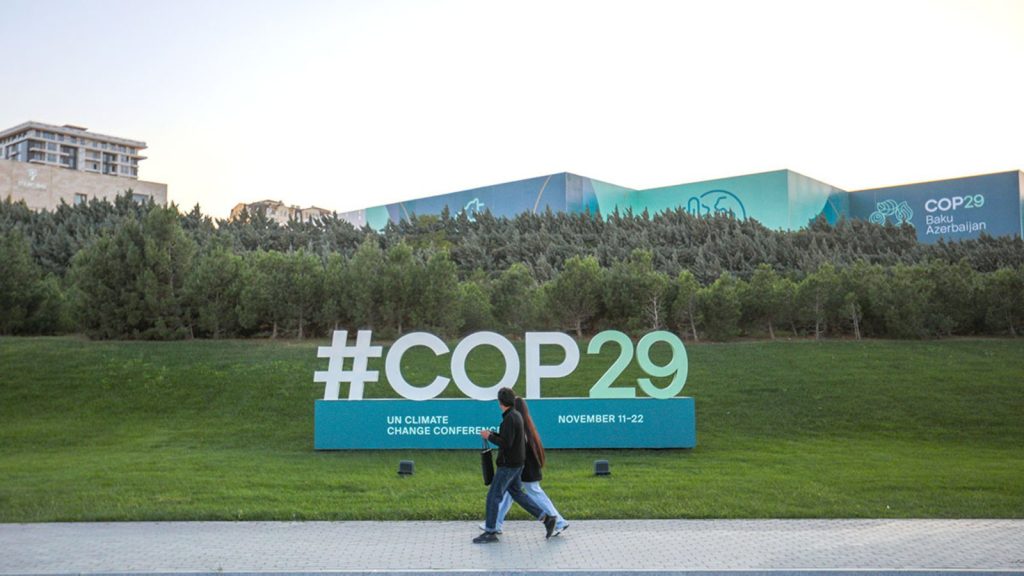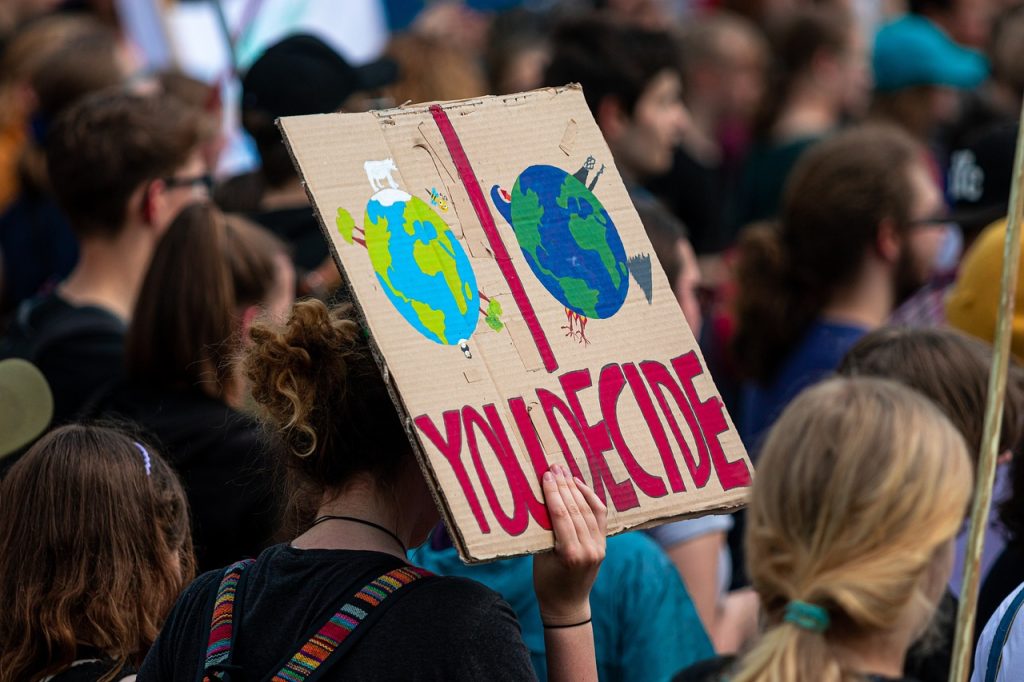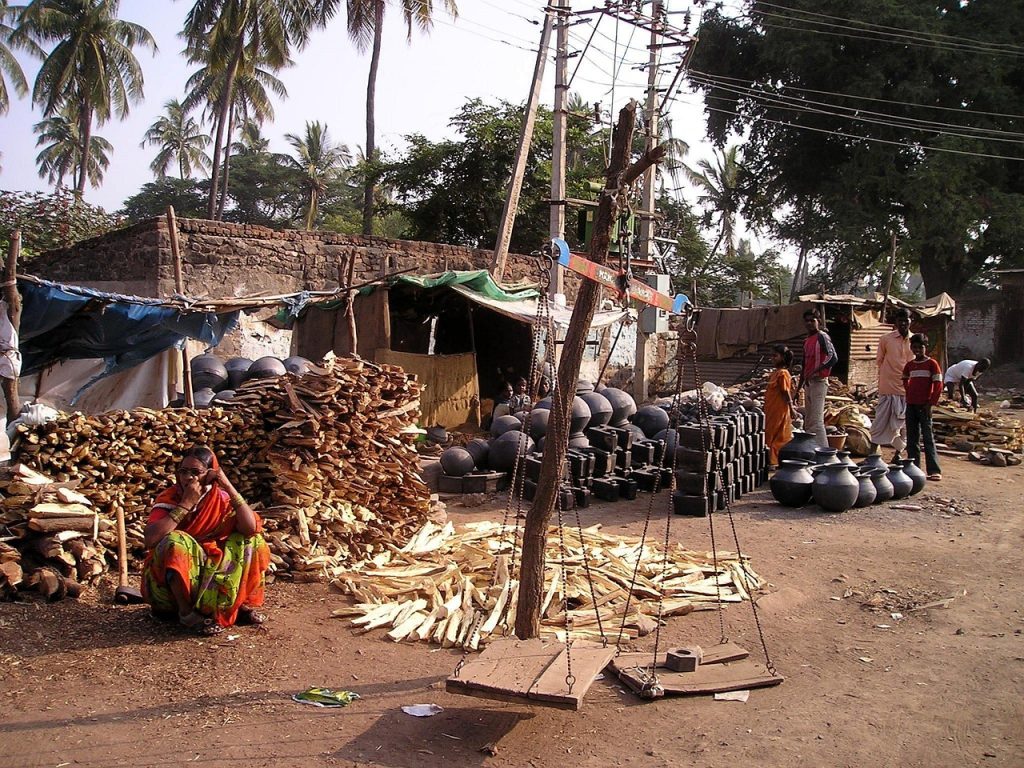In his recent newsletters and Gates Note, Bill Gates writes with a tone that feels both urgent and grounded – a reminder that climate change, while one of humanity’s most pressing crises, does not exist in isolation. For those of us preparing for COP30 or following it closely, Gates’ message is a timely call to reset our priorities: to see climate not just as a scientific challenge, but as a human one.
1. The uncomfortable truth: Climate change is not the only threat
Although climate change will hurt poor people more than anyone else, for most of them it’s not the biggest threat to their lives. Poverty and disease remain the everyday killers.
That line alone reframes the global climate conversation. In Bangladesh, this is something we live every day: floods, heatwaves, and cyclones coexist with unemployment, malnutrition, and limited healthcare. For a child in a coastal village, hunger or dengue might still feel more immediate than rising temperatures.
This doesn’t mean climate change is less important. It means we must integrate climate action with poverty reduction and health access. When Gates says, “Understanding this will let us focus our limited resources on interventions that will have the greatest impact for the most vulnerable people,” he’s reminding us that effective activism is about balance – not blind urgency.
At COP30, where negotiations often revolve around large sums and carbon targets, this human-first approach is what can bridge global promises with local realities.
2. Every tenth of a degree matters
He also reaffirms that every tenth of a degree of warming prevented is hugely beneficial. This statement reminds us that progress doesn’t have to be all-or-nothing. Incremental progress counts, especially for those on the edge of survival.

It’s easy to be disillusioned by the scale of the climate crisis. Many young activists (including myself at times) feel our actions are drops in an ocean. But we should emphasis on measurable, small victories reframes that despair into hope. When we protect a mangrove belt in coastal Bangladesh, promote solar panels in a village, or reduce food waste in our cities, we’re part of those “tenths of degrees” that add up to lives saved.
COP30 delegates should remember: the road to 1.5°C isn’t paved by slogans – it’s built by these tangible, cumulative wins.
3. Innovation is the long game
Over the past 20 years, Gates has invested billions into climate innovation. Through Breakthrough Energy, he and his team have supported more than 150 companies working on clean energy, storage, agriculture, and materials. Many of these have grown into major players.
This isn’t philanthropy in the traditional sense – it’s systems change. Gates argues that innovation must be the backbone of climate resilience: making clean, reliable energy cheap and accessible for everyone.
For developing countries, this message is important. We cannot simply “import” Western climate solutions; we must nurture our own innovators who understand local contexts – like affordable solar dryers for rural farmers or low-cost cooling systems for dense cities.
If COP30 is truly forward-looking, it should amplify innovation ecosystems in the Global South – not just in Silicon Valley or Berlin. Bangladesh already has examples: community-based solar programs, start-ups using AI for flood prediction, youth-led plastic recycling networks. The next step is scaling these, connecting them to global investment, and ensuring our innovators have a seat at the table.
4. The shrinking pool of climate and aid money
One of the most alarming insights Gates offers is about the shrinking financial space for the world’s poorest. While rich nations spend less than 1% of their budgets on foreign aid, even that small portion is now being cut.
He points out that even proven initiatives like Gavi, the global vaccine alliance, will have 25% less funding over the next five years. When life-saving health programs are underfunded, how do we expect developing countries to afford large-scale climate adaptation?
This is where Gates’ argument becomes strategic rather than emotional: We must think rigorously and numerically about how to use limited resources for maximum impact.

In other words, the fight for justice is not only moral – it’s mathematical. Every dollar, every minute, every program must be optimized for impact. As a youth advocate, that’s a lesson I find deeply relevant. Passion is not enough; precision matters.
For the COP30 participants reading this: when you speak of “climate finance,” remember that this isn’t abstract money. It’s hospital equipment, mosquito nets, irrigation systems, school lunches — the real foundations of resilience.
5. The key question for COP30
Gates ends with two critical questions:
- How do we make sure aid spending delivers the greatest possible impact for the most vulnerable people?
- Is the money designated for climate being spent on the right things?
These questions are at the heart of global accountability. Many projects branded as “climate investments” end up serving bureaucratic goals rather than human ones.
So, as my friends prepare to step into COP30, I hope they take these questions as guiding principles – not slogans. Every proposal, every funding pitch, every side event should be tested against them. If the answer isn’t clearly visible in human outcomes, the strategy might need a rethink.

6. My personal reflection
Reading Gates’ essay, I felt a shift in how I define impact. For years, I’ve been drawn to climate communication – telling stories, creating awareness, amplifying local voices. But Gates reminds me that awareness without prioritization is noise.
His writing doesn’t dismiss youth activism; rather, it calls us to mature it – to move from inspiration to optimization. Our challenge is not only to demand justice but to design it intelligently.
In Bangladesh, we’ve seen that resilience is not built by slogans but by systems: cyclone shelters, women’s savings groups, rural solar programs, or local data collection. These are the kinds of solutions Gates wants the global community to support – scalable, measurable, and human-driven.
7. What I would request my peers going to COP30
- Tell stories, but back them with numbers. Use data to prove why your proposed solutions make the best use of limited resources.
- Talk about resilience as much as reduction. Cutting emissions is vital, but adaptation saves lives now.
- Amplify innovation. Bring forward young engineers, farmers, and social entrepreneurs who are designing new systems for our realities.
- Demand smarter aid. It’s not about more money only – it’s about better spending.
- Remember the people, not just the policies. Every negotiation, every funding announcement should be able to answer one question: Who will this help survive?

Lastly,
Climate change is real, but so are poverty, disease, and inequality. The wisest path is not choosing one battle over another, but designing solutions that fight all three together.
As a generation, we often think leadership means shouting the loudest. But sometimes, leadership means listening deeply – especially to those who have worked decades on what we are only beginning to learn.
So as my government, youth activists, friends walk into COP30 in Brazil, I hope they carry this balanced lens: to be passionate yet pragmatic, loud yet logical, and above all – human.
Because in the end, the goal isn’t just to save the planet.
It’s to save people – and give them a fair chance to live on that planet with dignity.
Thank for giving me your time while reading this. Getting anyone’s time is the most precious thing for me. To read my other blogs like Building Social Business by Yunus | A book summary for youth, Phobia to Nervous moment? Is it normal?, and The Shondha River Stole My Childhood: Why I’m Fighting Climate Anxiety, you can click here.
Share this and let us know about your opinion on this.



